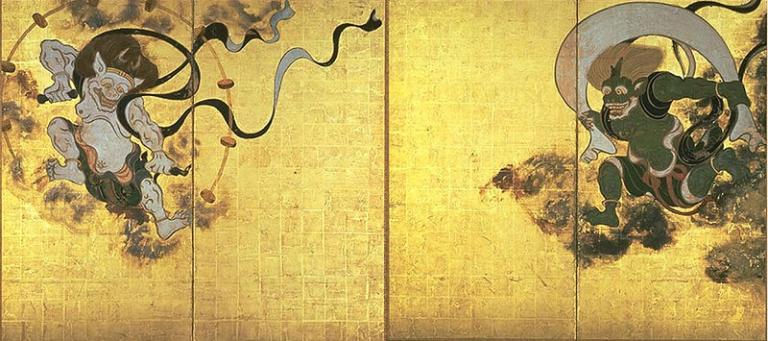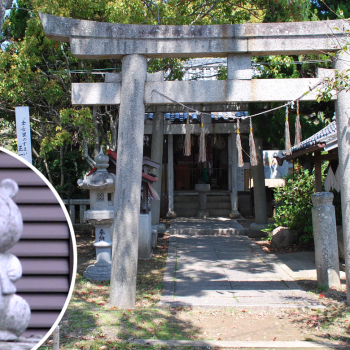4. It’s neither singular nor plural

Japanese doesn’t really distinguish between singular and plural to the same extent as English, in which almost all nouns must be specified as either existing as one (“a flower,” “the flower”) or many (“flowers”) within a sentence. Accordingly, “kami” can mean one god, or many gods – in any given sentence in Japanese, it’s impossible to know which it is referring to without context. Usually it doesn’t even matter whether it is referring to a monotheistic or polytheistic deity – it’s simply describing that concept of a higher power. Sometimes I blame the obsession with monotheism verses polytheism among English-speakers on our language. Because it is very hard to write a sentence about deities without specifying whether there’s one or many, we find this distinction important. However, there are few religions where the distinction is 100% clear-cut. In monotheistic religions, God may be worshipped alongside saints, prophets and angels, or be regarded as made up of different aspects (such as the Christian Trinity). In polytheistic traditions, the gods may be interpreted as many avatars of one deity (soft polytheism), or the follower may acknowledge the existence of many gods but focus their devotion on one in particular (henotheism).
By being neither singular nor plural, the word kami bypasses all these complications and renders them fairly unimportant.
On a side note, another interesting feature of Japanese with important implications for religion is that, unlike English, it’s easy to talk about a person or being without assigning them a gender with the pronouns “he” or “she.” This means that you don’t have to automatically assign a gender to a particular god when talking about them. This results in genderless deities, including my patron deity Inari Ōkami, which are referred to by both “he” and “she” in English. Again, the Japanese don’t really seem to care about the distinction when talking about Inari.
This is why I think the word kami is fantastic. It’s a broad, vague yet simple term that can be translated in many different ways, and that makes it possible to talk about deities without assigning too many extra characteristics like number or gender.
















